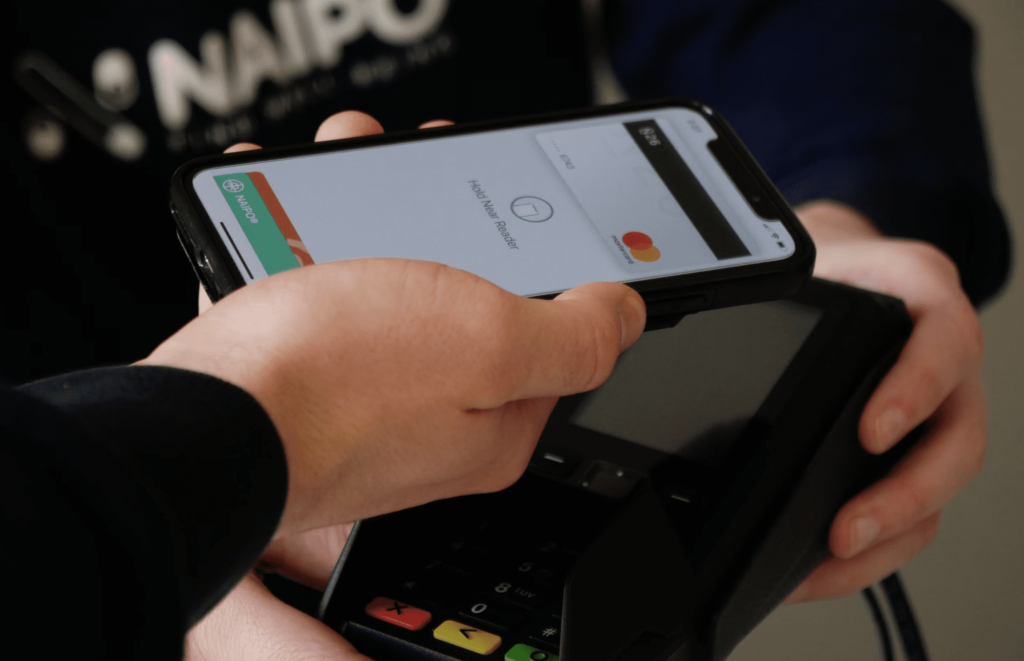Unless you’re operating a cash-only business, you need a payment processor. This statement holds true regardless of your company size or industry. If you’re accepting credit cards, a processing company is the only way to make that happen.
But credit card processors come in all different shapes and sizes. You’ll find a plethora of contract terms within the different categories, processing methods, fees, features, benefits, and potential drawbacks.
Simply put, all payment processing options are not created equally. Rather than choosing the first option that comes to mind, you can assess the potential candidates by asking the right questions.
Here at Merchant Cost Consulting, we deal with payment processors on a daily basis—it’s what we do. Based on our expertise, we’ve narrowed down the top questions that every business should ask their payment processor.
1. What Payment Methods Do You Support?
The last thing you want to do is turn away customers because you don’t accept their preferred payment method. Don’t assume everyone has a Visa—and if they do, it doesn’t mean that they want to pay using that card.
People might use different cards based on their rewards program, available credit, to separate personal expenses from business expenses, or dozens of other potential reasons. It’s not your job to know the why—it’s your job to provide them with as many options as possible.
In addition to the four major credit card networks (Visa, Mastercard, Discover, and American Express), your customers may want to pay using alternative methods like Apple Pay, Google Pay, PayPal, etc.
Find out which methods your payment processor supports, and ask them how you can accept the options that they don’t.
2. How Will You Protect My Business From Fraudulent Charges?
Your payment processor could be your last line of defense against fraud. There are definitely plenty of fraud prevention tactics that you should be implementing in-house, but when all is said and done, the transactions have to be run through your processing company.
Will they be able to detect fraud? If so, how? Ask these questions and get the specifics.
The best payment processors will be using robust technology paired with fraud-fighting experts to prevent your company from running fraudulent transactions.
Otherwise, you can get in trouble with the credit card networks and rack up hefty chargeback fees if you continually process unauthentic charges. Use a processor who has your back in this area.
3. How Soon Will I Get Paid?
Just because a customer swiped, tapped, dipped, or clicked the checkout button online, it doesn’t mean that you’ve been paid. There are lots of steps that happen behind the scenes before the funds will actually hit your bank account.
First, the credit card transactions need to go through the initial approval process. That’s what happens at the point of sale to either approve or deny the transaction, and it typically happens in a matter of seconds. But then you still have to batch your sales at the end of the day and wait to get paid.
Depending on the merchant services provider, this usually takes anywhere from 24-72 hours. If it’s taking more than three business days to get paid, that could be a problem. Find out the details for your payment cycle and ask about circumstances that would involve your payment being withheld.
Additional Reading: How to Prevent Payment Processing Funds on Hold
4. What Are Your Installation and Set-Up Fees?
Payment processors are notorious for hitting merchants with all different types of hidden fees. One popular way that they get people is during the initial set-up process.
You’re going to be paying your credit card processor for every single credit card transaction that your business processes. There is no reason why you should have to pay them anything else.
Installation fees, set-up fees, or other carefully-worded initiation fees to get started are bogus and shouldn’t be charged. If your payment processor is charging you for these, then it’s a red flag.
5. What is Your Fee Structure?
Believe it or not, we see so many businesses enter into agreements with credit card processors without fully understanding how they’ll be charged for the services. There are several different fee structures out there, but the vast majority fall into one of these categories:
- Tiered or Bundle
- Flat-Rate
- Subscription
- Interchange Plus
For quick reference, these bullet points are ranked from worst to best, with interchange plus being the best option.
With the interchange plus model, you’re paying the interchange rate imposed at the card network level (Visa, Mastercard, etc.), plus a processor markup. This is the best structure for keeping costs low, and it’s also the best option if and when you need to negotiate your rates in the future.
Subscription pricing is a newer option, and it’s not terrible. You’ll pay a monthly or annual membership fee to access wholesale processing rates based on your volume. Think of this like a Costco membership. You pay to access lower rates than you would by going to a retailer.
Flat-rate pricing is exactly what it sounds like. While this is transparent and easy to understand, the rates are typically higher, and there isn’t much room for negotiation.
Avoid tiered or bundle contract structures at all costs. If a processor is trying to give you this type of deal, it’s time to move on to your next option. In simple terms, you don’t know how much you’re going to pay for each transaction when you go this route. It’s up to the processor to pick which tier your rate falls into, and they’ll usually choose the most expensive option for you (which is the most lucrative for them).
6. What Other Fees Do You Charge?
This piggy-backs off of my last point. Once you get past the setup, processors love to hit you with random recurring fees and one-off fees to increase their profits. Ask for some transparency ahead of time to avoid paying for things that you shouldn’t have to pay for.
Credit card processing shouldn’t be free. Your processor is doing you a service, and they should be paid. But some of the charges that we see on statements from our clients are just plain robbery.
Examples include:
- Cancellation fees
- Authorization fees
- Discount rate
- PCI compliance fees
- PCI non-compliance fees
- PCI regulatory fees
- CPU fees
- Software fees
- Statement fees
- Merchant account fees
- Recurring payments fees
The list goes on and on. Many payment processors add these fees hoping that merchants will just overlook them and pay without thinking twice.
If you see these types of charges and monthly fees on your statement, you can contact our team here at Merchant Cost Consulting for assistance. Not only can we help eliminate additional fees from statements, but we’ll also negotiate your credit card processing rates directly with your processor on behalf of your company.
7. What Are Your Customer Support Hours?
If your payment processor’s support team is only working 9 am to 5 pm EST, Monday to Friday, it’s a problem.
What happens if there’s an issue on Friday night? Or over the weekend? You can’t take credit cards until Monday? That’s unacceptable.
In today’s day and age, credit card acceptance is the lifeblood of every business. You need to make sure your payment processing services are available for support day and night. In the event of an outage or other problem, fast support is crucial to your success.
8. Do You Impose Payment Processing Limits?
Some payment processors will limit your transaction volume, especially in the early stages of getting started with them.
Find out what those limits are, if any. The number might not seem like a big deal initially, but what happens if your business scales quickly? A busy month could cause some serious headaches for your company if you’ve exceeded your processing limitations. This is something that should be avoided at all costs.
If your processor imposes limits, find out how you can get them lifted or raised significantly.
9. Do You Require Long-Term Contracts?
Many payment processing companies try to lock businesses into long-term deals. It’s common for company sales reps to make it sound like this is in your best interest, but that’s rarely the case.
While having a contract in place is standard practice and definitely not a bad thing, it’s a red flag if that contract is for three, four, or five years. You should be able to opt out of your contract at any time if something unexpected were to arise. Even if you are forced to sign an annual contract, you should look for terms that are fairly forgivable and flexible if you need to cancel.
With that said, it’s also worth noting that you shouldn’t be switching payment processing companies on a regular basis. But if your payment processor tries to force you into strict terms that are tough to get out of, it’s generally a bad sign for how your relationship will be in the future.
Final Thoughts on Questions For Credit Card Processors
Truthfully, there are dozens of questions that you should be asking your credit card processor. Questions that need to be asked before you accept card payments, as well as down the road as your relationship progresses.
I’ve only included these nine, for now, to show you how important it is to have these conversations and how much they can impact your company.
Most business owners don’t have time to manage these types of questions—there’s enough on your plate already.
Working with a team of experts, like the staff at Merchant Cost Consulting, will make your life so much easier. Just reach out to us, and we’ll handle the rest for you. We’ll ask your payment processor all of the tough questions for you and help you save a ton of money on credit card processing.








